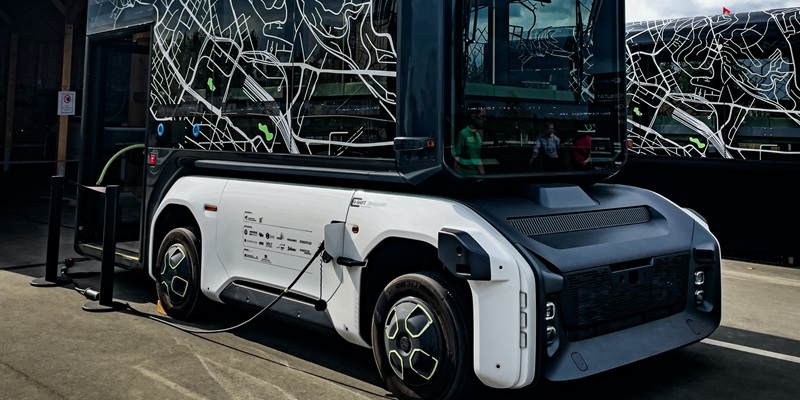With technological advancements paving the way for innovation, the significance of AI-enhanced autonomous vehicles for road safety cannot be overstated. By eliminating the human factor, these vehicles have the potential to revolutionize transportation, significantly reducing the number of accidents and fatalities. In this article, we will delve into the potential of autonomous vehicles, the advantages they bring, the importance of investing in AI technologies, the challenges in their adoption, and ultimately, the promising future they hold.
The Potential of Autonomous Vehicles for Accident Reduction
The introduction of autonomous vehicles marks a paradigm shift in road safety. By removing human error- the leading cause of accidents – autonomous vehicles can greatly reduce incidents on our roads. With AI-powered systems, these vehicles have the ability to analyze vast amounts of data in real-time. This enables them to swiftly detect and respond to potential hazards, surpassing human drivers in accuracy and responsiveness.
Advantages of AI-Powered Autonomous Vehicles
One of the key advantages of AI-powered autonomous vehicles lies in their ability to communicate with each other and with the surrounding infrastructure. This creates a network of interconnected vehicles that can share valuable information and coordinate their movements. By doing so, these vehicles ensure safer and more efficient transportation, mitigating the risks associated with human errors and unpredictable human behavior.
Moreover, AI-enhanced autonomous vehicles offer efficiency benefits that go beyond safety. By utilizing sophisticated algorithms, these vehicles can optimize their routes, minimize fuel consumption, and reduce congestion on our roadways. This not only leads to improved efficiency in transportation but also contributes to a more sustainable and environmentally friendly future.
The Importance of Investing in AI Technologies
Investing in AI technologies for autonomous vehicles is not just a matter of safety; it is a vital step towards a more efficient transportation system. By leveraging AI, transportation networks can be streamlined, reducing the strain on our infrastructure and increasing overall productivity. Additionally, AI can facilitate predictive maintenance, ensuring the longevity and optimal performance of autonomous vehicles, thereby minimizing downtime.
Furthermore, deploying AI-powered systems necessitates continuous research and development to enhance their capabilities. Robust sensor technologies, advanced machine learning algorithms, and reliable computing infrastructure are essential for the successful integration of these intelligent vehicles into mainstream transportation.
Challenges in Adopting AI-Enhanced Autonomous Vehicles
While the benefits of AI-enhanced autonomous vehicles are undeniable, their widespread adoption does come with challenges. One of the key challenges lies in resolving ethical dilemmas in AI decision-making. Clear guidelines and regulations must be established to determine how AI systems prioritize actions, especially in unforeseen circumstances where ethical decisions need to be made, ensuring the safety of passengers, pedestrians, and other motorists.
Moreover, integrating autonomous vehicles into the existing transportation infrastructure demands significant investment. Upgrading infrastructure to support autonomous vehicles, developing regulations and policies that govern their operation, and addressing concerns about cybersecurity and data privacy are areas that require careful attention.
The future of AI-enhanced autonomous vehicles holds immense potential in revolutionizing road safety and transportation as a whole. By leveraging the power of AI, these vehicles can significantly reduce accidents and fatalities. With their ability to communicate, coordinate, and optimize routes, they pave the way for a more efficient transportation system. However, to fully harness this potential, resolving ethical dilemmas, investing in AI technologies, and developing robust regulations are imperative. Through continued investment and collaborative efforts, we can unlock the promising future of AI-enhanced autonomous vehicles and create safer, more sustainable roads for all.

